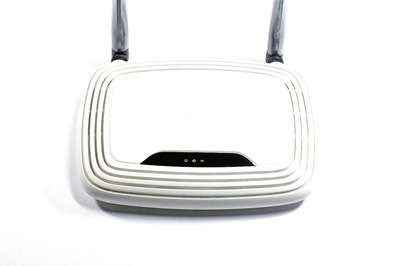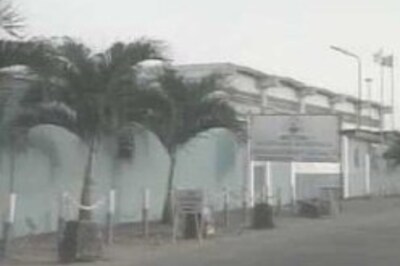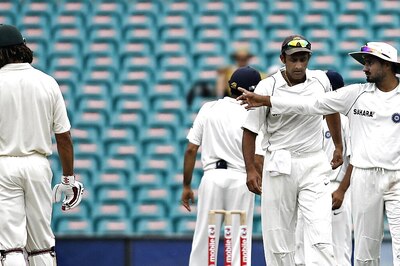
views
New Delhi: The Supreme Court on Thursday told the central government that the prices of medicines should not rise further. "Bring it down, don't escalate it in the name of policy," the court said.
"It should go down, not go up," said the apex court bench of Justice GS Singhvi and Justice SJ Mukhopadhaya.
The bench said that the prices of medicines and lab tests were already too high and cautioned the government to ensure that they did not shoot up further.
"We are becoming insensitive to common man," Justice Singhvi observed, saying that earlier a blood test used to cost Rs 60 now it costs much more.
"If there were no institutions like RML (Ram Manohar Lohia Hospital), Safdarjung (Hospital) and AIIMS (All India Institute of Medical Sciences), at least 10 per cent of the population would be finished," Justice Singhvi said.
"We have become very mechanical, the doctor prescribes (medicines) and we buy and claim reimbursements. We have become insensitive to the concerns of the common man," Justice Singhvi said.
The observation during the hearing on a public interest litigation (PIL) by the All India Drug Action Network (AIDAN), supported by NGOs, which had moved the court in 2003 seeking intervention to ensure that the prices of essential drugs remained within the reach of common man.
The AIDAN has drawn the court's attention to draft National Pharmaceuticals Pricing Policy, 2011, which, it said, if implemented would push up the drug prices.
Appearing for AIDAN, senior counsel Colin Gonsalves said the the government's proposed policy would lead to further escalation of drug prices. The new pricing policy would make drug prices independent of the cost of manufacturing.
Additional Solicitor General Praga Tripathi told the court that the new policy would take some more time to be given effect, suggesting that there was no immediate cause of hike in drugs prices.
Tripathi told the court that it would take at least three months before any decision was taken on the policy because before being placed before the cabinet for approval, it would be taken up by a group of ministeRs
The government in its affidavit told the court that the new policy would bring all 348 medicines which figure in the National List of Essential Medicines, 2011, and other associated medicines under the price control regime.
Currently, only drugs which figure in the First Schedule of the Drugs (Prices Control) Order, 1995, are under price control. These are 74 bulk drugs.
Under the proposed policy, the government plans to remove a large number of drugs from the price control regime.
The court adjourned the hearing till January 2012.




















Comments
0 comment